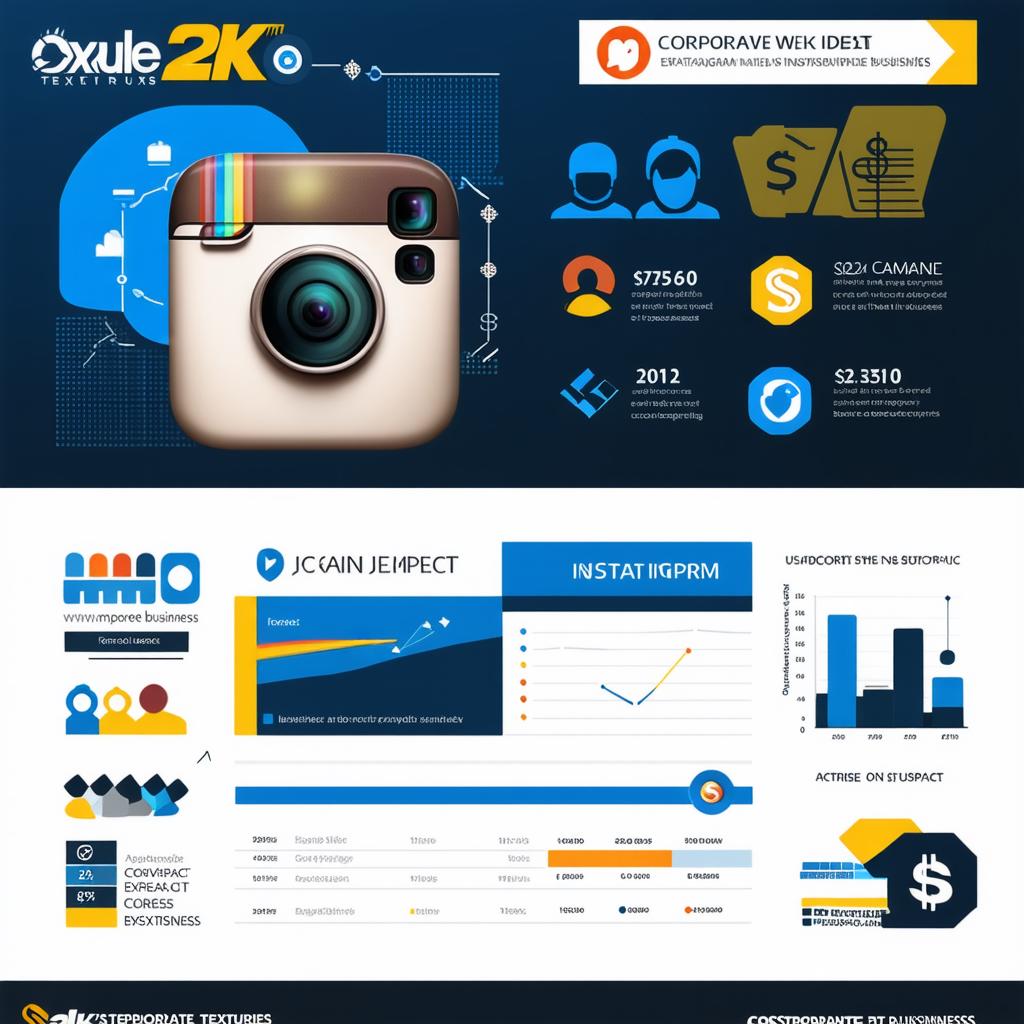Is Instagram a business entity?

Introduction
Instagram was launched in 2010 by Kevin Systrom and Mike Krieger. It quickly became one of the most popular social media platforms with over 1 billion monthly active users as of 2021. Instagram is primarily used for photo and video sharing, but it has also become a platform for businesses to market their products and services.
Is Instagram a Business Entity?
Instagram is a business entity. The company was acquired by Facebook in 2012 for $1 billion and continues to operate as a standalone platform. Instagram generates revenue through advertising, sponsored posts, and other monetization strategies. In addition, Instagram also offers a range of products and services such as Instagram Shopping and IGTV, which are designed to help businesses promote their products and services.
Instagram’s Business Operations
Instagram operates as a business entity with its own set of operations. The company has a team of employees who work on developing new features, improving the user experience, and managing advertising campaigns. Instagram also partners with other businesses and organizations to provide users with relevant content and advertising opportunities.
Case Studies
There are many examples of companies using Instagram as a platform for marketing their products and services. One such example is Nike, which has over 130 million followers on Instagram. Nike uses Instagram to showcase its latest products and collaborations, and the company has also used Instagram to launch new product lines.
Another example is Glossier, a beauty brand that has become popular through social media. Glossier’s founders have spoken openly about the importance of Instagram in their business strategy. The company uses Instagram to showcase its products and connect with customers. In addition, Glossier has also used Instagram to launch limited-edition product drops and collaborations with other brands.
Legal Status of Instagram as a Business Entity
The legal status of Instagram as a business entity is clear. Instagram was acquired by Facebook in 2012 for $1 billion and continues to operate as a standalone platform. The company generates revenue through advertising, sponsored posts, and other monetization strategies. In addition, Instagram also offers a range of products and services such as Instagram Shopping and IGTV, which are designed to help businesses promote their products and services.
Case Studies
There are many examples of companies using Instagram as a platform for marketing their products and services. One such example is Nike, which has over 130 million followers on Instagram. Nike uses Instagram to showcase its latest products and collaborations, and the company has also used Instagram to launch new product lines.
Another example is Glossier, a beauty brand that has become popular through social media. Glossier’s founders have spoken openly about the importance of Instagram in their business strategy. The company uses Instagram to showcase its products and connect with customers. In addition, Glossier has also used Instagram to launch limited-edition product drops and collaborations with other brands.
Legal Status of Instagram as a Business Entity
The legal status of Instagram as a business entity is clear. Instagram was acquired by Facebook in 2012 for $1 billion and continues to operate as a standalone platform. The company generates revenue through advertising, sponsored posts, and other monetization strategies. In addition, Instagram also offers a range of products and services such as Instagram Shopping and IGTV, which are designed to help businesses promote their products and services.
Summary

In conclusion, Instagram can be considered a business entity. The company was acquired by Facebook in 2012 and continues to operate as a standalone platform. Instagram generates revenue through advertising, sponsored posts, and other monetization strategies. The company also offers a range of products and services designed to help businesses promote their products and services. While the legal status of Instagram as a business entity does not mean it is immune to legal challenges, it highlights the importance of businesses being transparent about their operations and obtaining proper consent from users.
FAQs
Here are some frequently asked questions about Instagram:
- What is the legal status of Instagram?
- How does Instagram generate revenue?
- What is the role of influencers on Instagram?
- Is Instagram immune to legal challenges?